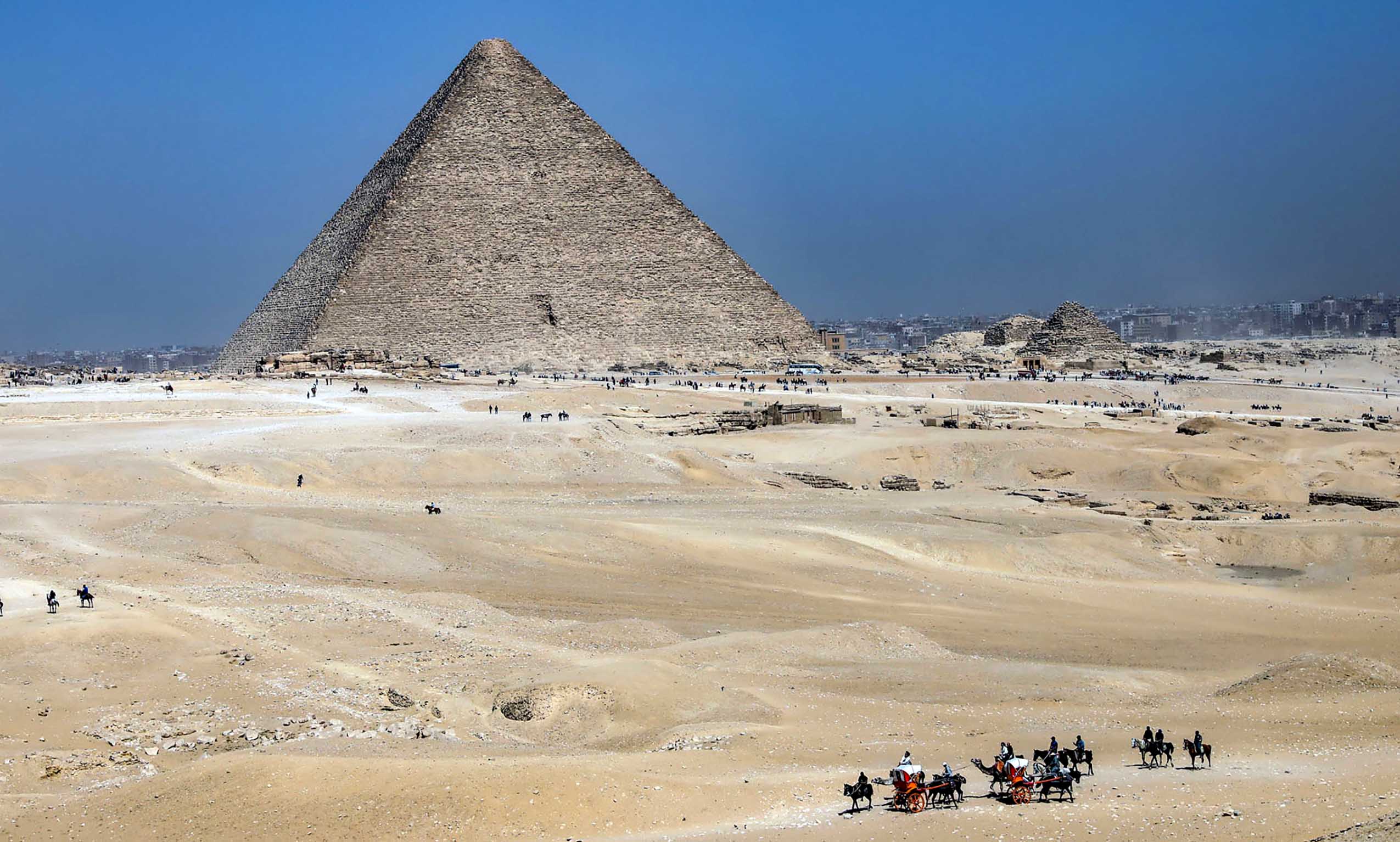Fighting rages in Afghan south after Taliban's weekend blitz

KABUL, August 9: Afghan government forces were fighting the Taliban for a string of southern cities Monday, after the insurgents took control of five provincial capitals in a 72-hour weekend blitz.
The ministry of defence said hundreds of insurgent fighters had been killed or injured in the last 24 hours, with clashes reported in Kandahar and Helmand provinces -- traditional Taliban strongholds.
Interior ministry spokesman Mirwais Stanekzai said the Taliban had suffered "heavy losses", and the security situation was improving.
"Afghan security forces are patrolling the cities," he said.
Fighting in Afghanistan's long-running conflict has escalated dramatically since May, when the US-led military coalition began the final stage of a withdrawal set to be completed before the end of the month.
While the Taliban's weekend gains were mostly sparsely populated cities with less strategic value, the loss of any major southern city would represent a significant shift in the balance of power.
The insurgents have for weeks been trying to take Kandahar and Lashkar Gah -- both with Pashtun majorities from where the Taliban draw their strength -- but the government says they have so far managed only to reach the outskirts, or pockets of neighbourhoods.
"We're clearing houses, roads, and buildings that the Taliban occupy," General Sami Sadat, commander of the Afghan army's 215 Corps, told AFP from Lashkar Gah.
- Northern prize -
The Taliban said Monday they had turned their sights on the north's largest city, Mazar-i-Sharif.
The insurgent's spokesman announced on social media that they had launched a four-pronged attack on the city, after the weekend capture of Sheberghan to its west and Kunduz and Taloqan in the east.
Residents and officials in city, however, said the Taliban were exaggerating and fighting was confined to surrounding districts.
"The enemy is trying to distort public opinion and create anxiety for the civilian population by their propaganda," said a statement from the provincial police force in Balkh, where Mazar-i-Sharif is the capital.
Steeped in history and long an economic hub, Mazar-i-Sharif is the largest city in the north and considered a linchpin to the government's control over the area.
Mazar's longtime strongman Atta Mohammad Noor vowed Monday to fight for the city, saying there would be "resistance until the last drop of my blood".
"I prefer dying in dignity than dying in despair," he tweeted.
The loss of the city would signal the complete collapse of Kabul's control over the north and likely raise major questions about the future of the government.
- Lightning offensive -
The insurgents have snatched up five provincial capitals in Afghanistan since Friday in a lightning offensive that appears to have overwhelmed government forces.
On Sunday alone, Kunduz, Sar-e-Pul and Taloqan in the north fell within hours of each other, raising fears that the government grip over the north was slipping rapidly.
Northern Afghanistan has long been considered an anti-Taliban stronghold that saw some of the stiffest resistance to militant rule in the 1990s.
The region remains home to several militias and is also a fertile recruiting ground for the country's armed forces.
In another northern provincial capital, Aibak in Samangan, residents were also bracing for the worst.
"We don't hear any fighting in the city, but we have reports the Taliban are massing at the gates," Mohammad Hashim Sarwary, deputy head of the provincial council, told AFP.
"People in the city started to panic after a former senator and his men joined the Taliban this morning."
The withdrawal of foreign forces is due to finish at the end of this month ahead of the 20th anniversary of the September 11 attacks. The US-led invasion sparked by 9/11 toppled the first Taliban regime in 2001.










Leave Comment